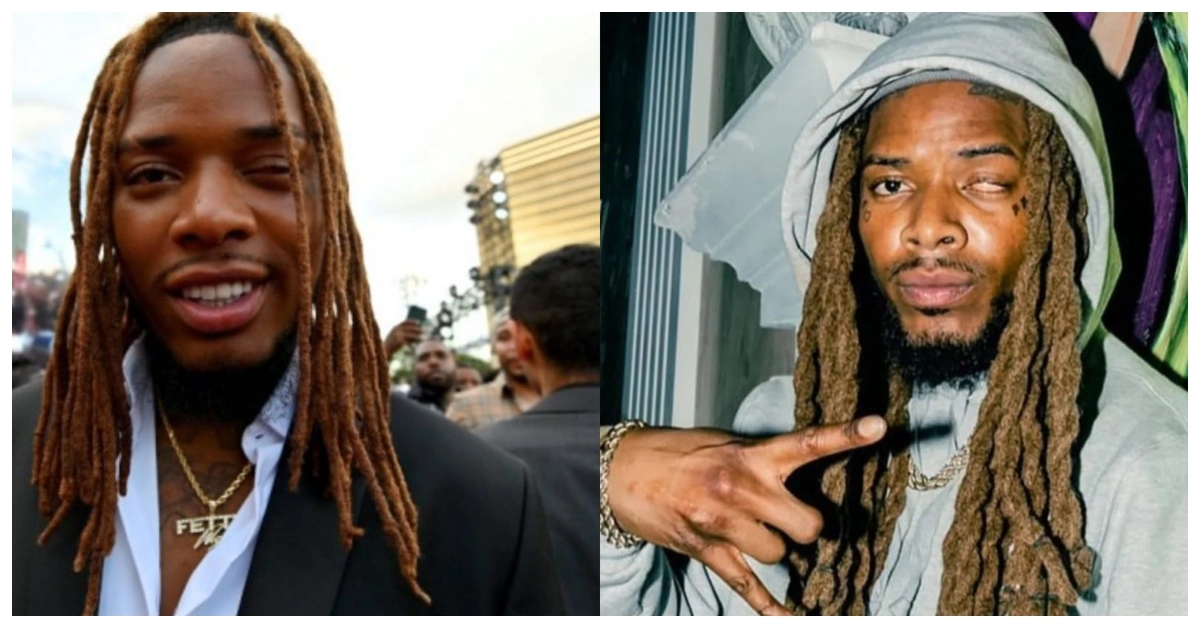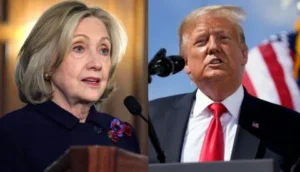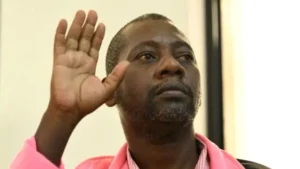Popular American rapper Fetty Wap, whose real name is Willie Junior Maxwell II, has been sentenced to a substantial six-year prison term after being found guilty of running a significant drug trafficking operation.
He has been in custody since August when his bail was revoked following a disturbing incident.
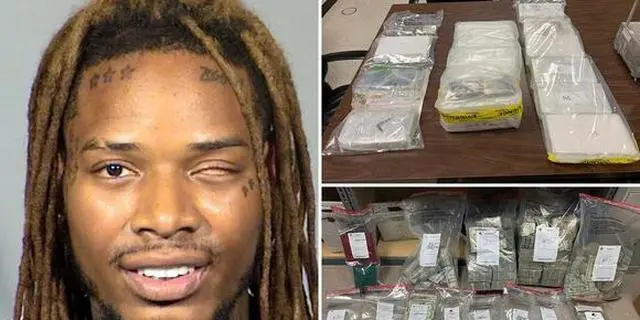
Prosecutors revealed that during a FaceTime call, he brandished a firearm and made threats to harm an individual. As a result, he later pleaded guilty to the charge of conspiring to distribute 500 grams or more of cocaine.
In Central Islip, New York, on Wednesday, Fetty Wap stood before Judge Joanna Seybert in federal court to hear his sentence, which exceeded the minimum by one year.
Read Also: Do Kwon Arrested in Connection to Ksh 5.3T Crypto Crash
As he made his way into the courtroom, wearing a beige jumpsuit with his dreadlocks neatly pulled back, the artist acknowledged approximately 20 family members and friends who had come to support him.
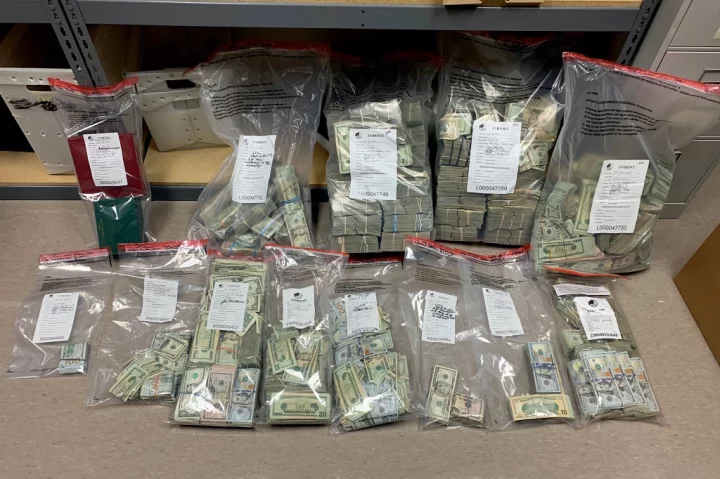
During the proceedings, Fetty Wap’s attorney, Elizabeth Macedonio, presented an argument highlighting that Mr. Maxwell had been financially supporting numerous relatives and children, emphasizing his need for funds to sustain them once the live entertainment industry recovered from the pandemic.
Subscribe to Switch TV for more content.
In a moment of remorse, Fetty Wap personally apologized to the communities affected and the families of individuals impacted by drug use, acknowledging the harm caused by his actions.
“I only ever wanted to help my family,” Mr. Maxwell told the judge. “I never asked myself if it was all-the-way right.”
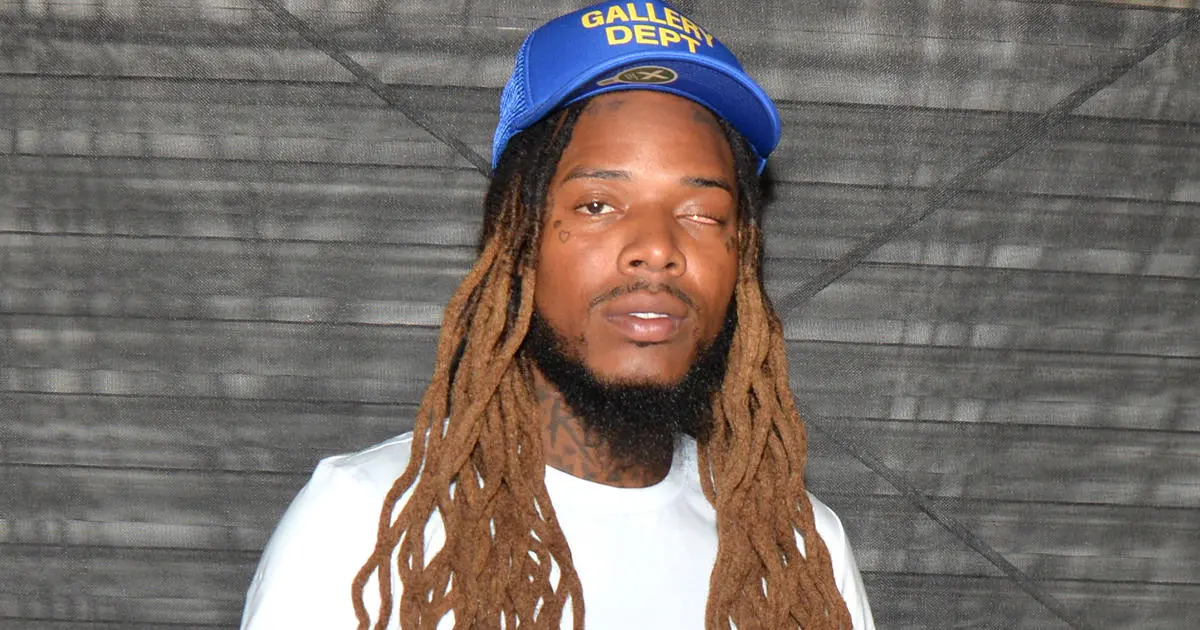
According to Rolling Stone, Fetty Wap’s defense attorneys contended that he should have been given the minimum sentence, citing his involvement in the drug trade as a means to financially support his family during the pandemic.
They argued that the rapper had undergone personal growth and exhibited increased self-awareness in recent months, expressing confidence that he would behave differently upon his release.
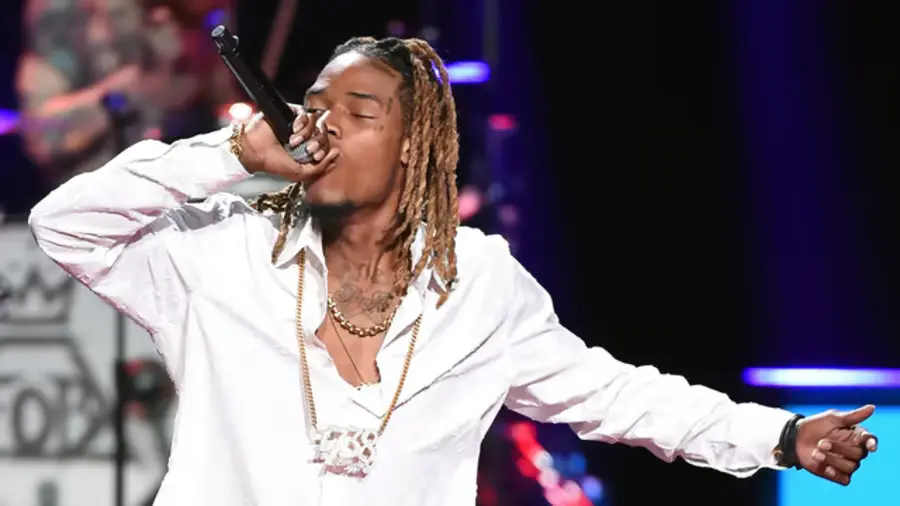
In contrast, the prosecutors had pushed for a lengthier sentence, asserting that Fetty Wap’s music served as an “aggravating factor.”
They claimed that the artist had utilized his fame, substantial platform, and influence to romanticize and glorify the drug trade, and they expressed concerns about the potential impact of his actions on his audience.


